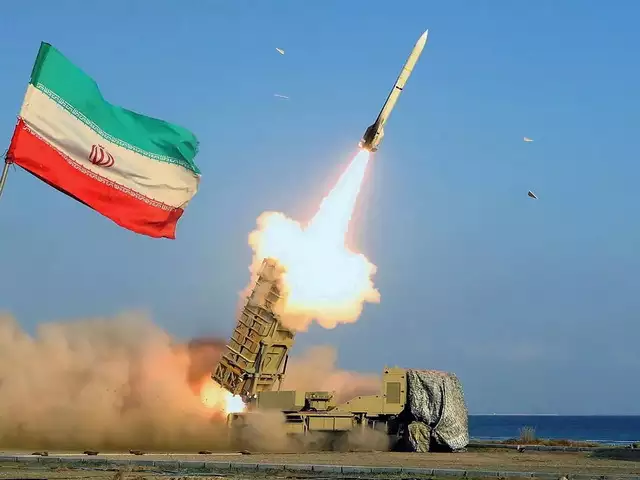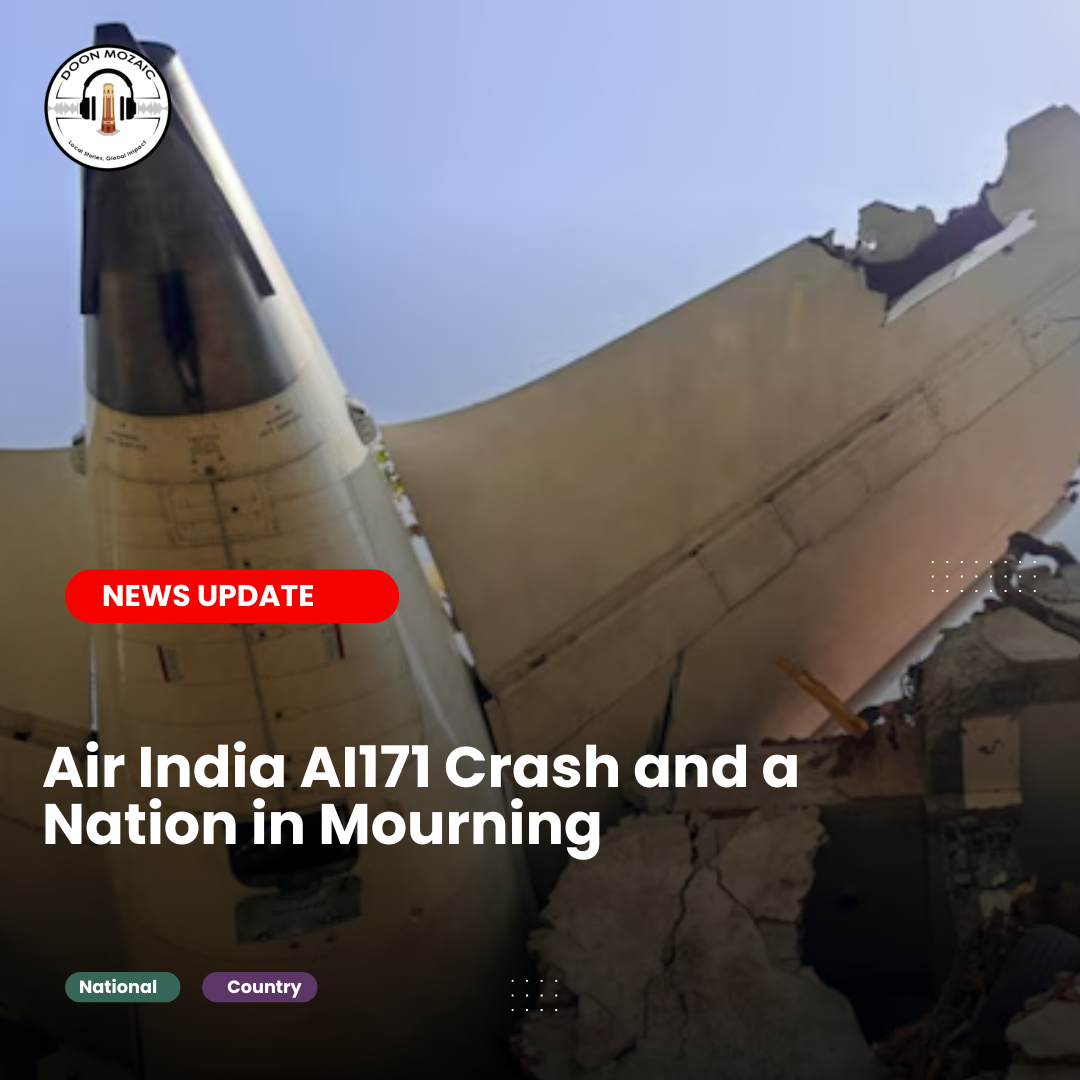In recent developments, Iran’s air strikes in Pakistan have sparked tensions in the region, with both countries exchanging statements on the incident. The Ministry of External Affairs’ spokesperson, Randhir Jaiswal, responded, emphasizing that the matter is a bilateral issue between Iran and Pakistan. The strikes targeted bases associated with Jaish al-Adl, a Sunni Muslim group labeled a “foreign terrorist organization” by the U.S. State Department. In this blog post, we will delve into the intricacies of the situation, examining the geopolitical factors at play and the responses from both nations.
The Middle East has been a region marked by complex geopolitical dynamics and historical tensions. Iran’s recent air strikes in Pakistan add another layer of complexity to an already intricate landscape. The strikes come amid heightened regional tensions due to Israel’s ongoing conflict with Hamas in Gaza and Iran’s military actions in Iraq and Syria following a suicide bombing attributed to the Islamic State.
India’s Stance:
India, a key player in the region, has taken a cautious approach. The Ministry of External Affairs’ spokesperson emphasized that the issue is primarily between Iran and Pakistan. India has maintained a firm stance on terrorism, expressing zero tolerance and understanding the need for countries to act in self-defense. This perspective reflects the delicate diplomatic balancing act India must maintain given its relations with both Iran and Pakistan.
Iran’s Justification:
Iran, justifying its actions, cited security concerns and pointed to Jaish al-Adl’s repeated attacks on Iranian soil from Pakistani territory. The Iranian foreign minister highlighted the hope for strengthened security cooperation between the two nations. The strikes, described as targeting militants, underscore the challenges Iran faces in securing its borders against transnational threats.
Pakistan’s Response:
Pakistan strongly condemned the air strikes, labeling them a “blatant violation” of its airspace. The government claimed the strikes resulted in the tragic deaths of two children. However, Iran disputed this, asserting that only militants were targeted, and they had connections to Israel. The conflicting narratives raise questions about the transparency and communication between the two nations.
Geopolitical Implications:
The incident has broader implications for the geopolitical landscape in the Middle East and South Asia. It underscores the volatility of the region, where historical tensions and ongoing conflicts contribute to an environment of mistrust and uncertainty. The involvement of a group designated as a “foreign terrorist organization” adds complexity to the situation.
As the situation unfolds, it is crucial for diplomatic channels to remain open to de-escalate tensions and facilitate a peaceful resolution. The international community will closely watch developments, emphasizing the need for dialogue and cooperation to address shared security concerns. The incident serves as a reminder of the delicate balance required in managing geopolitical complexities and the imperative for nations to engage in constructive dialogue to maintain regional stability.
Discover more from The Doon Mozaic | द दून मोज़ेक
Subscribe to get the latest posts sent to your email.



